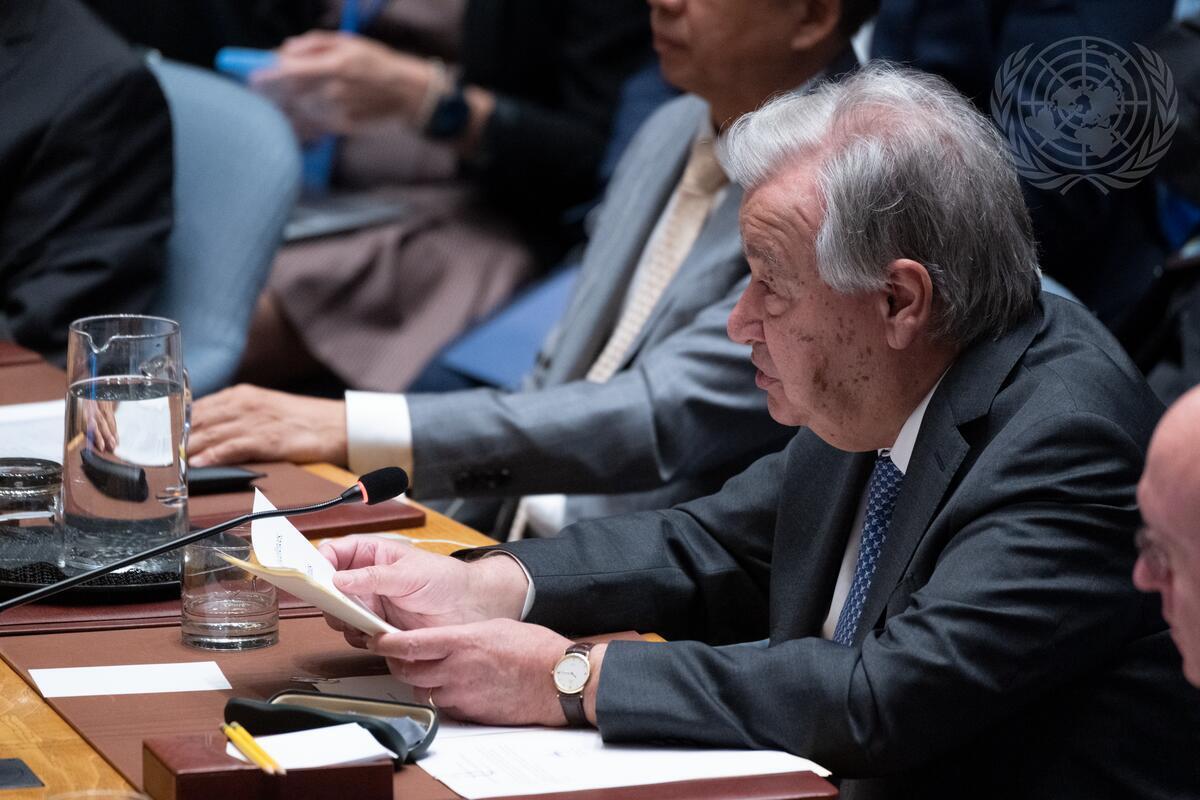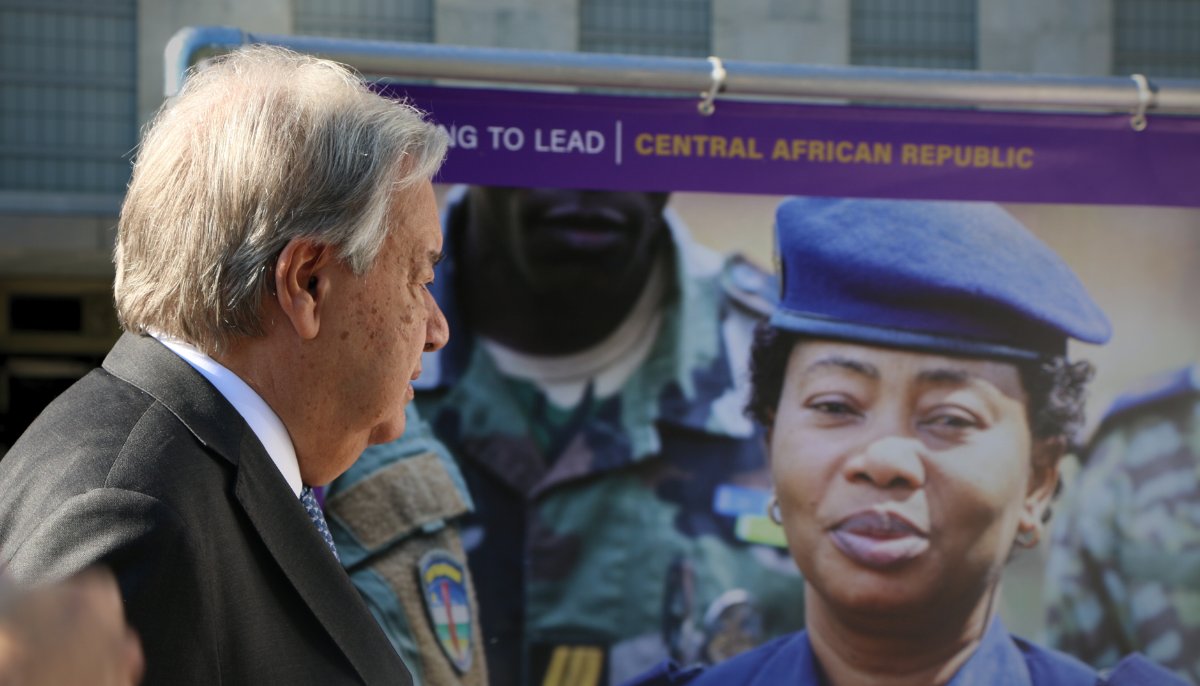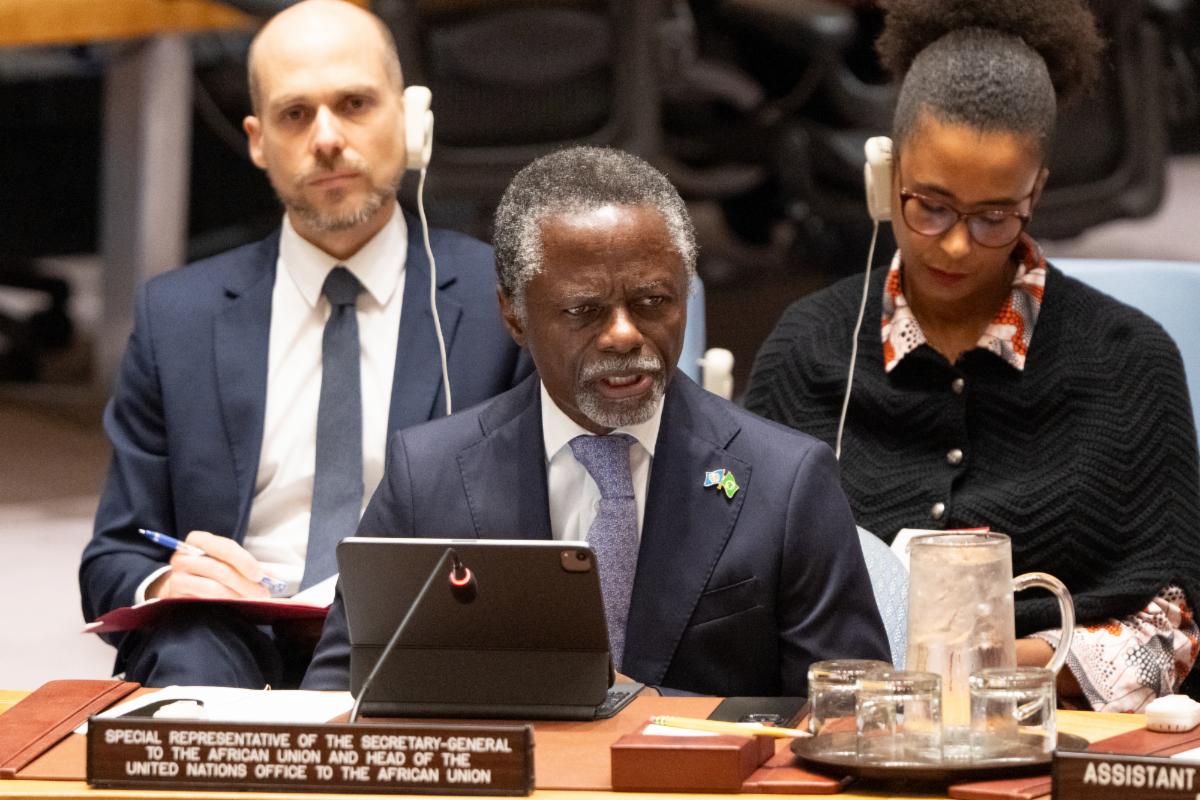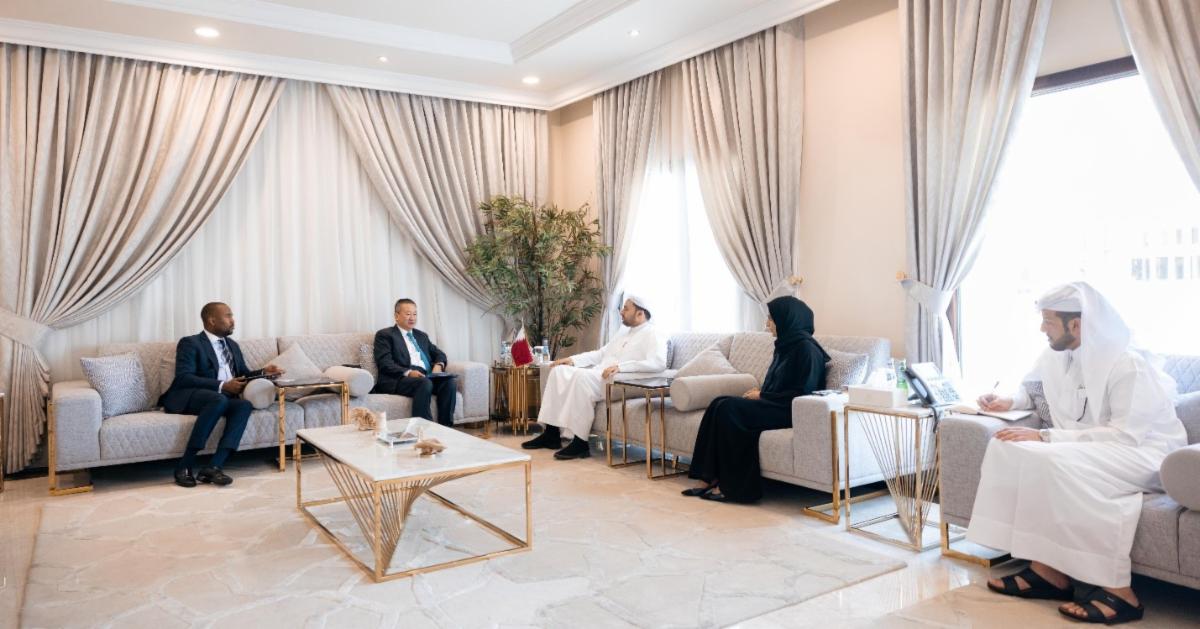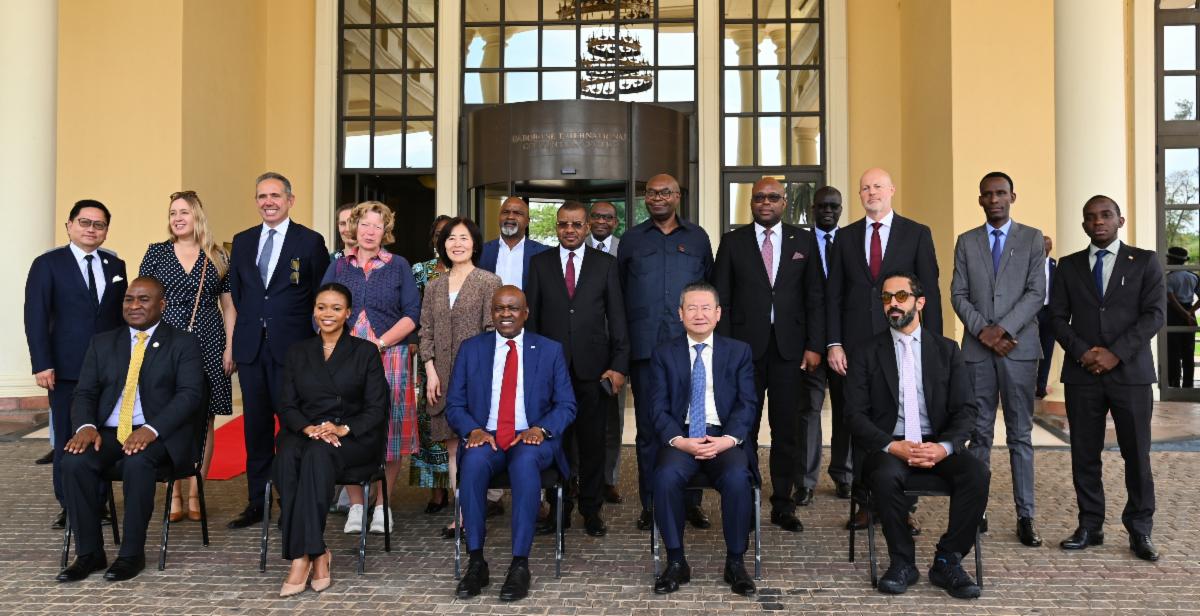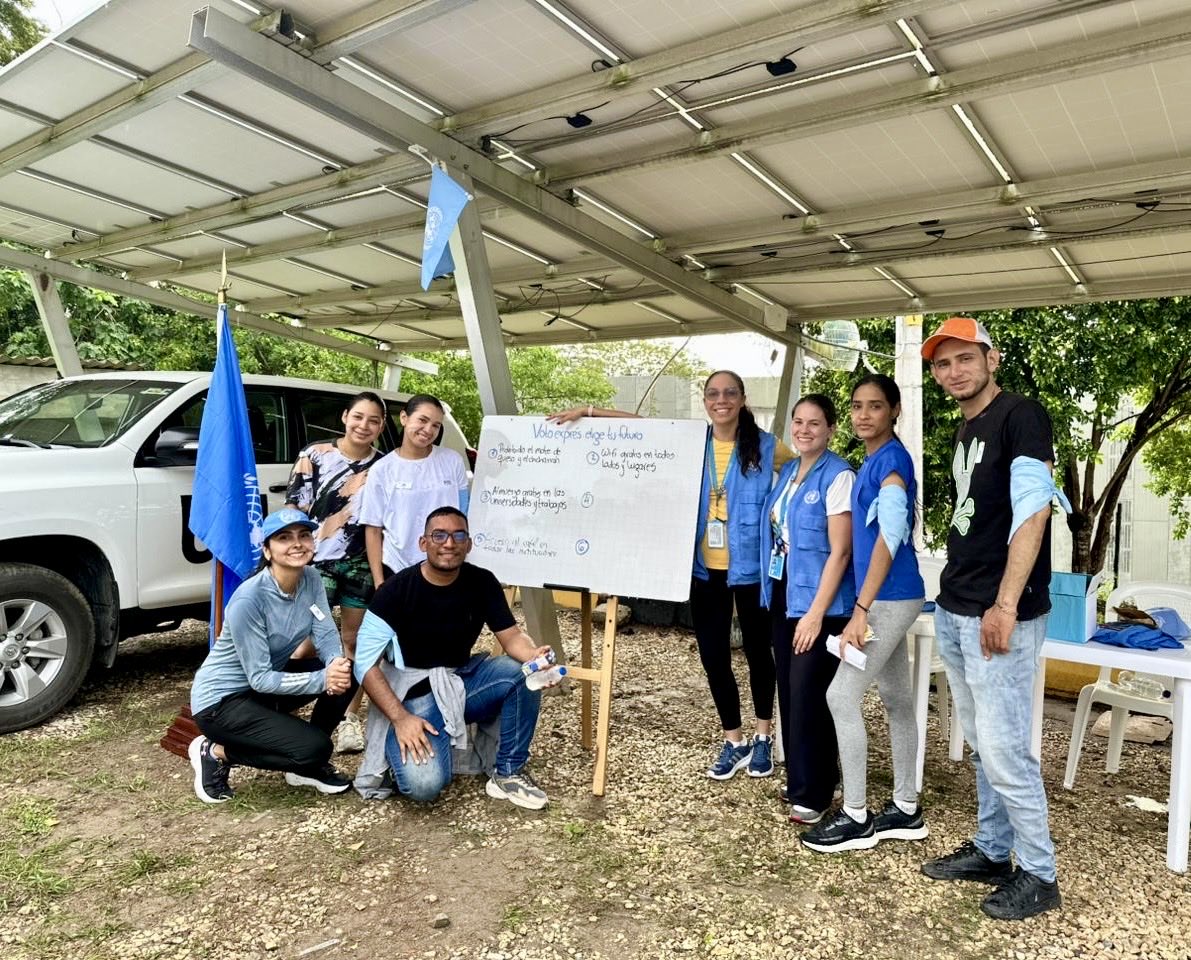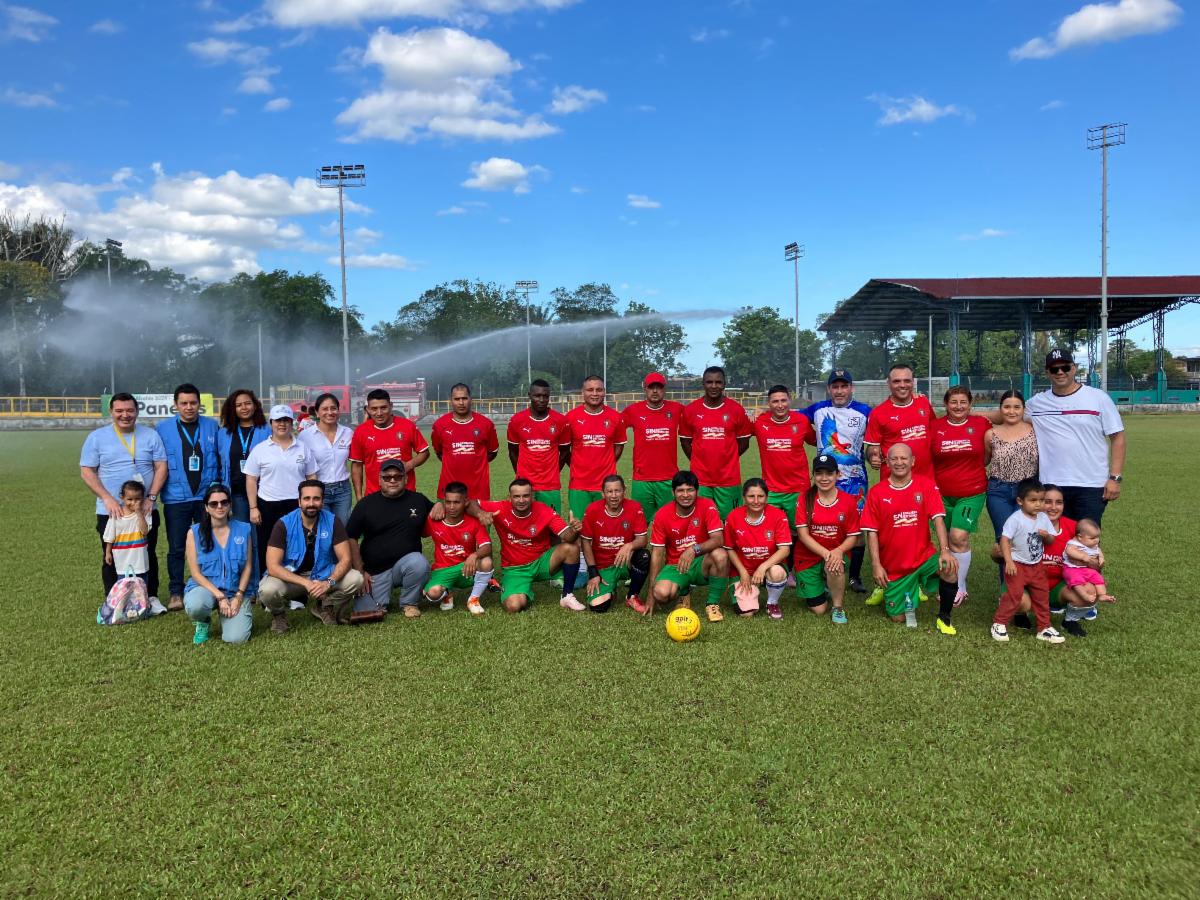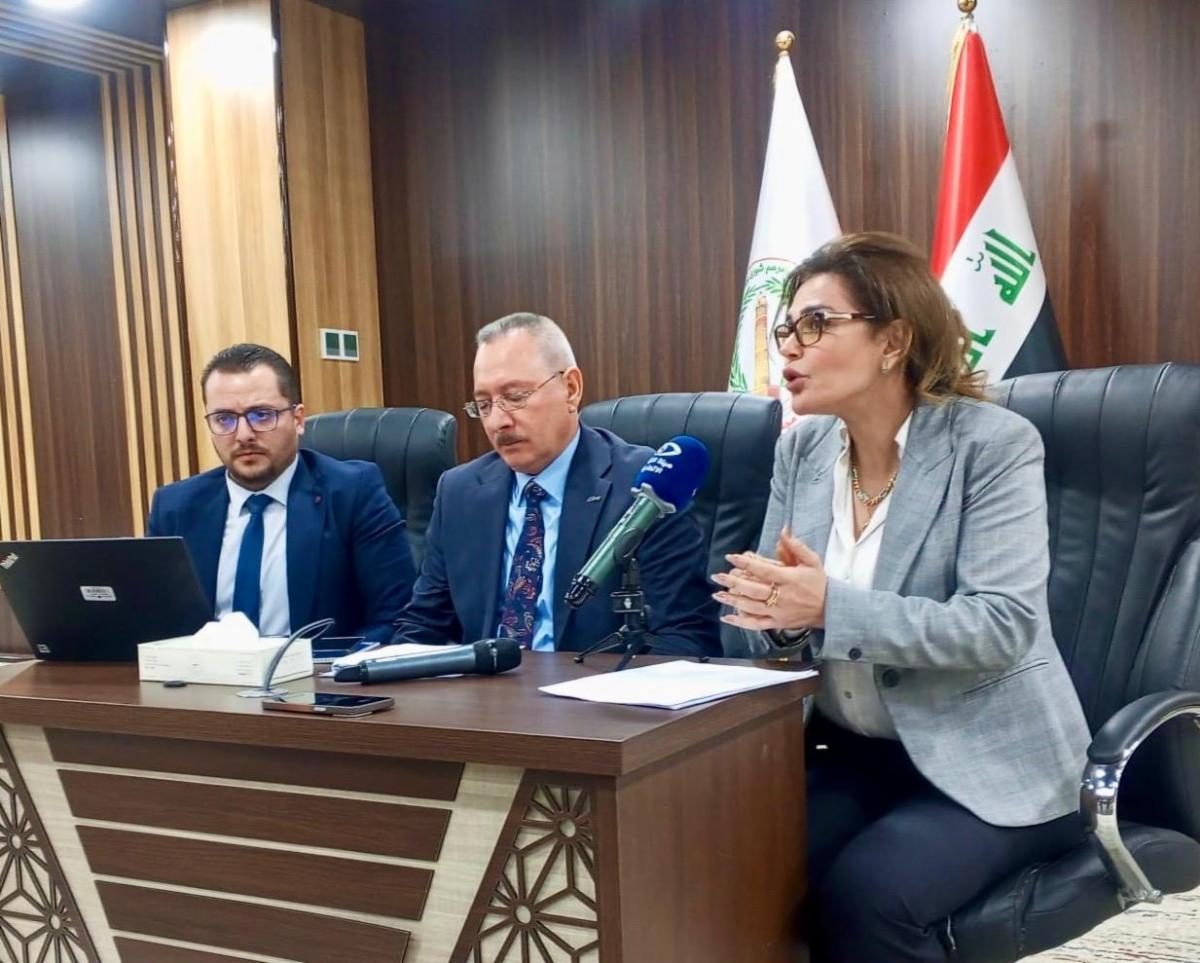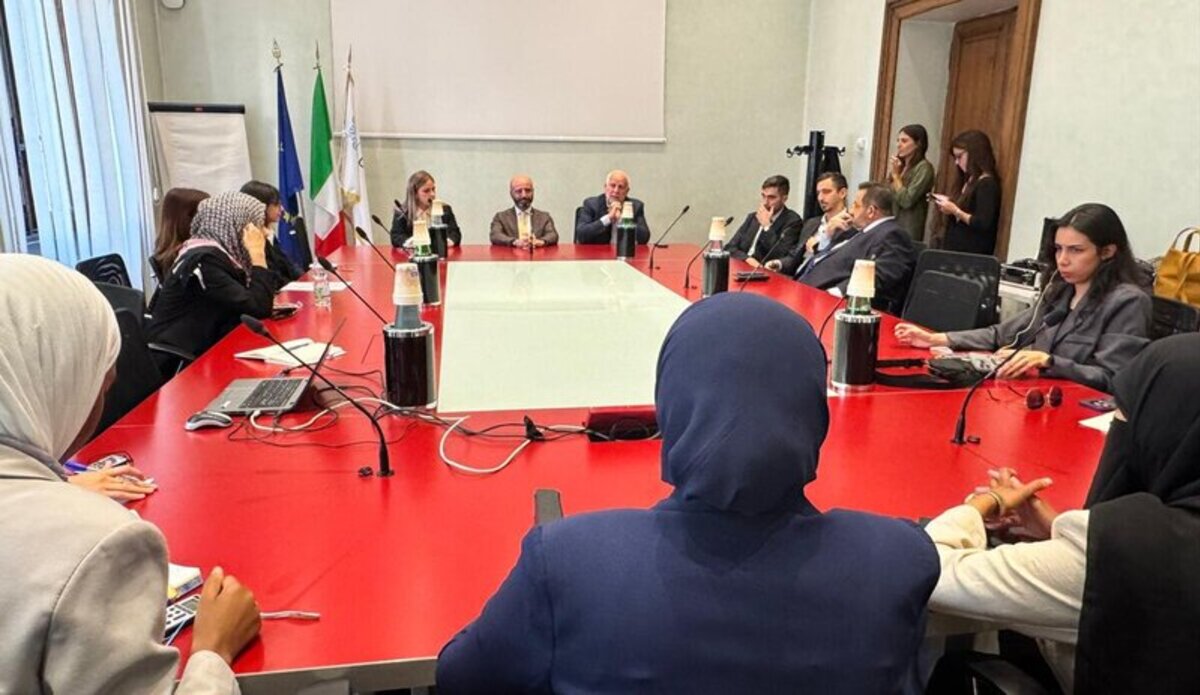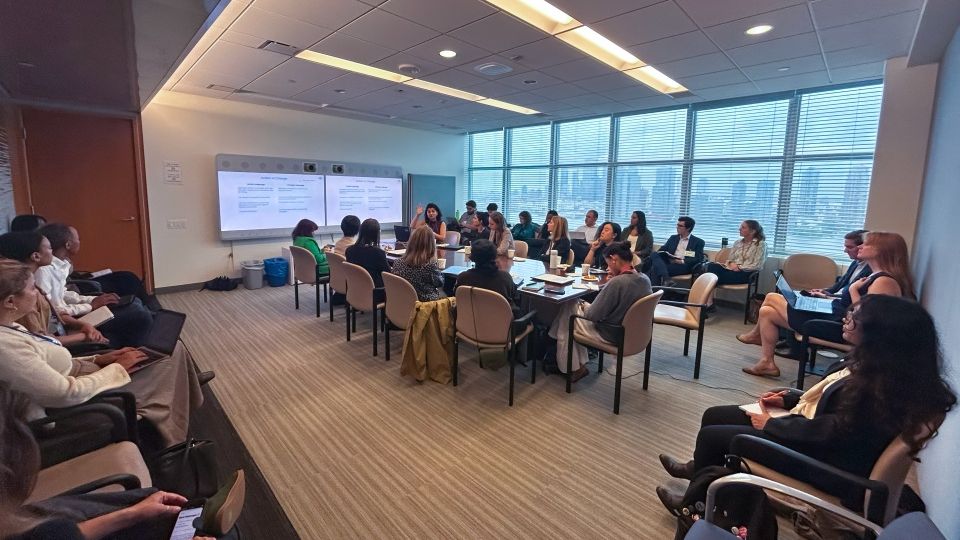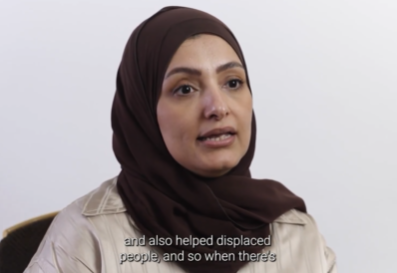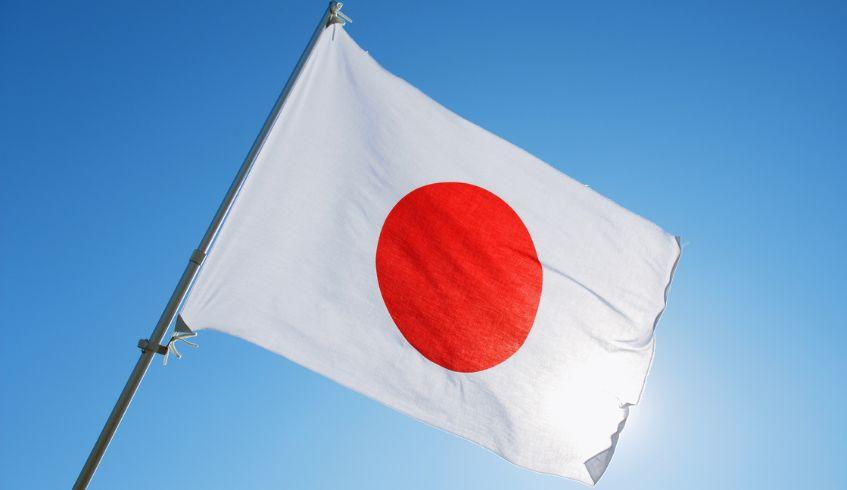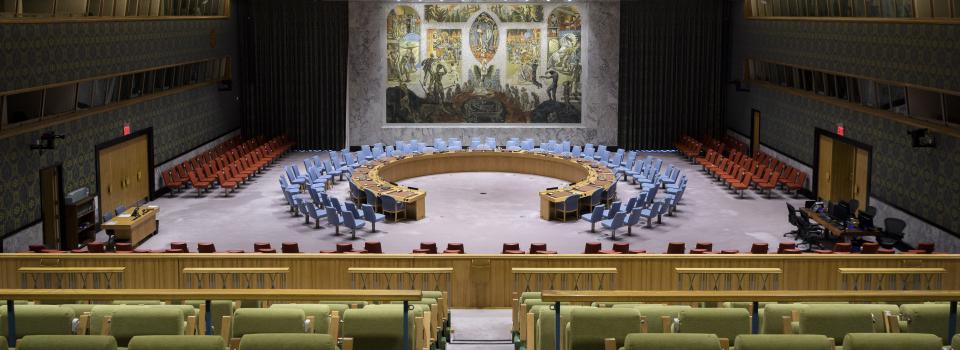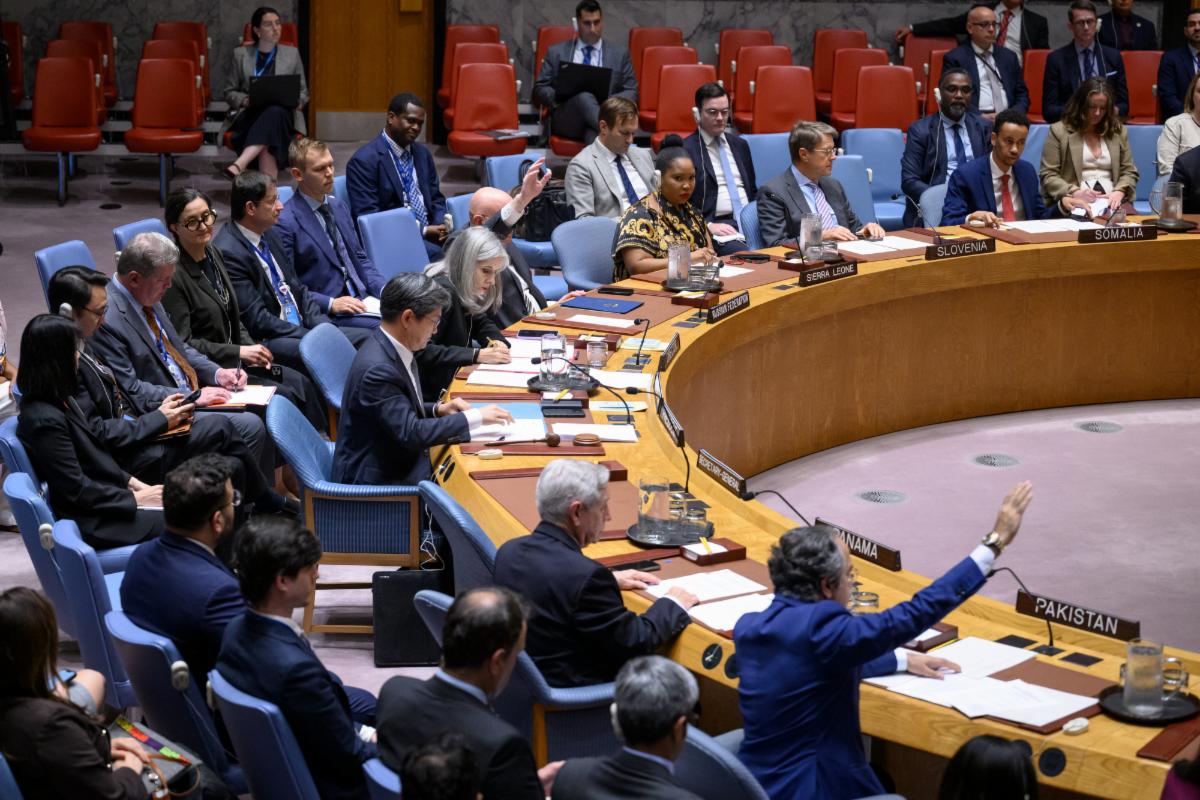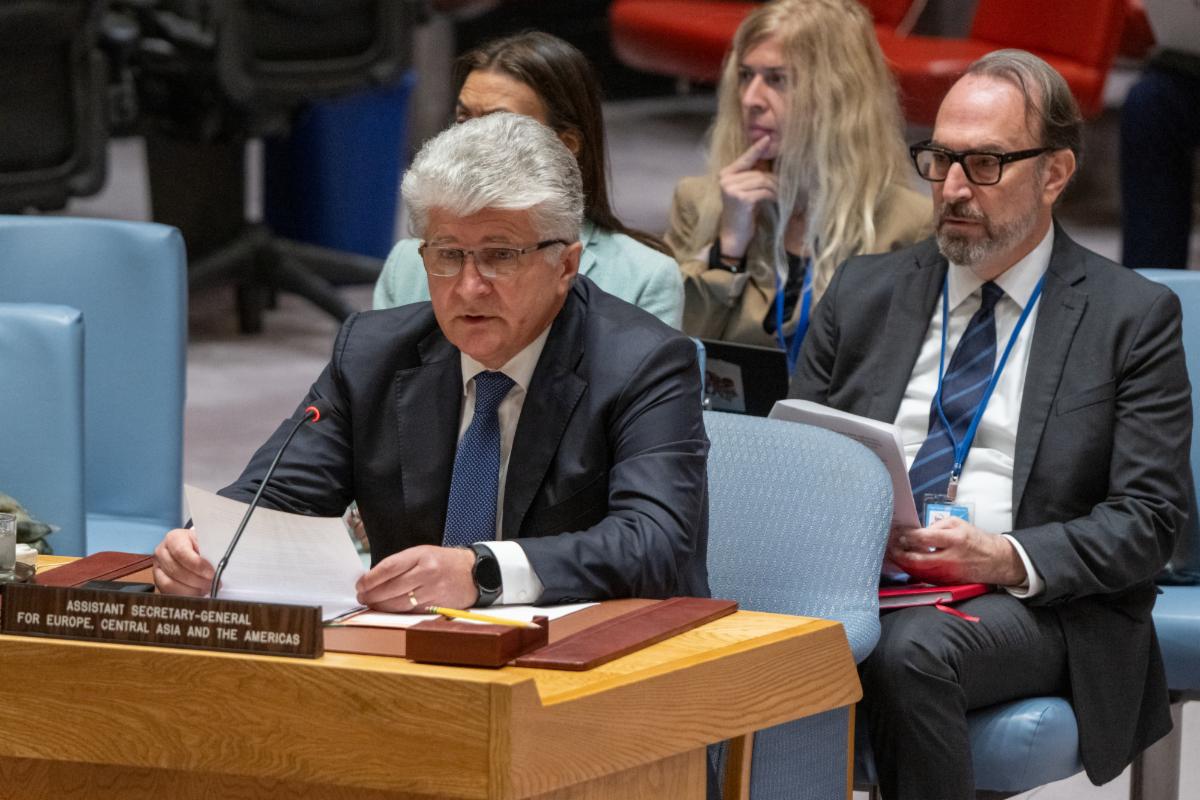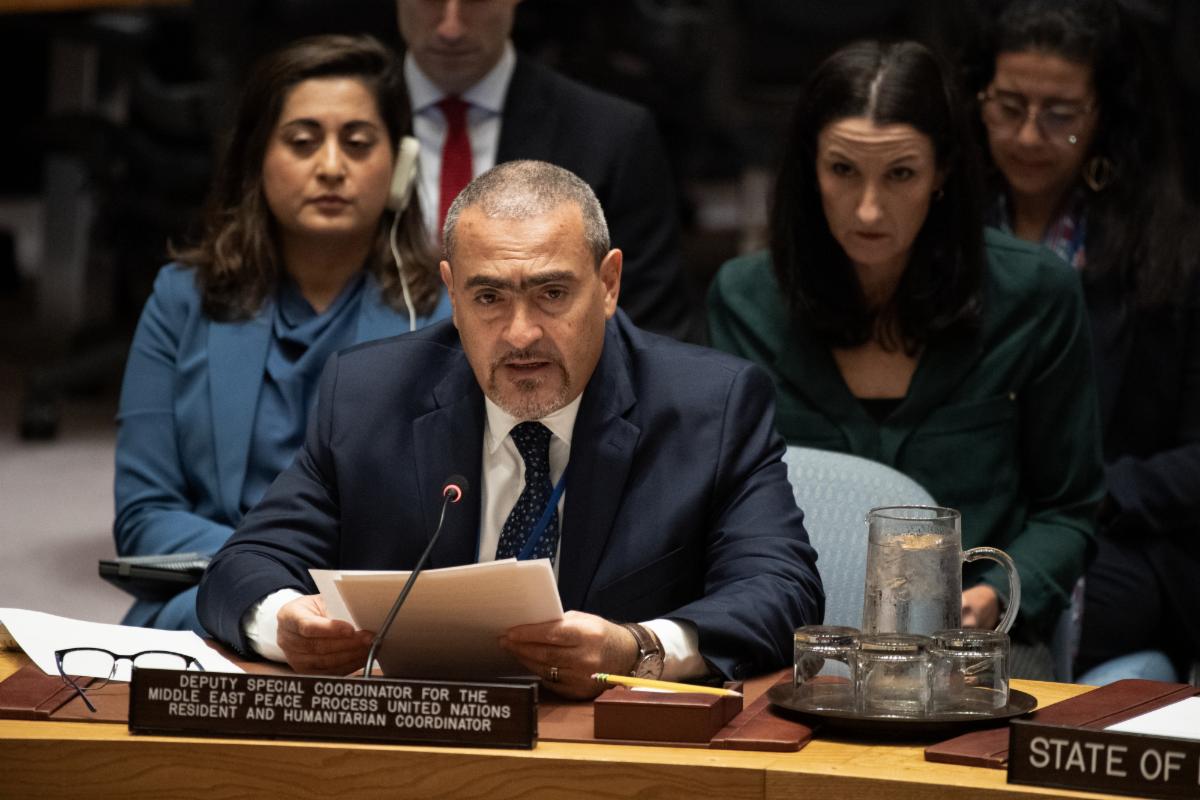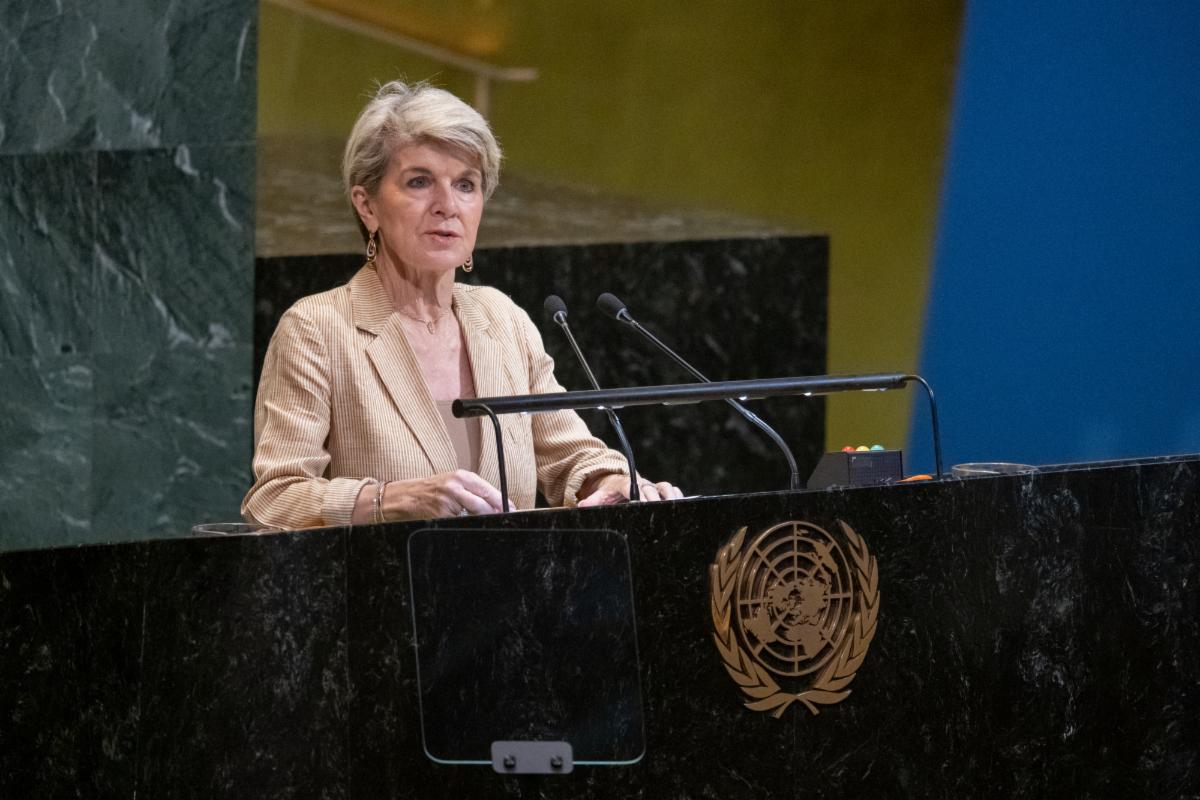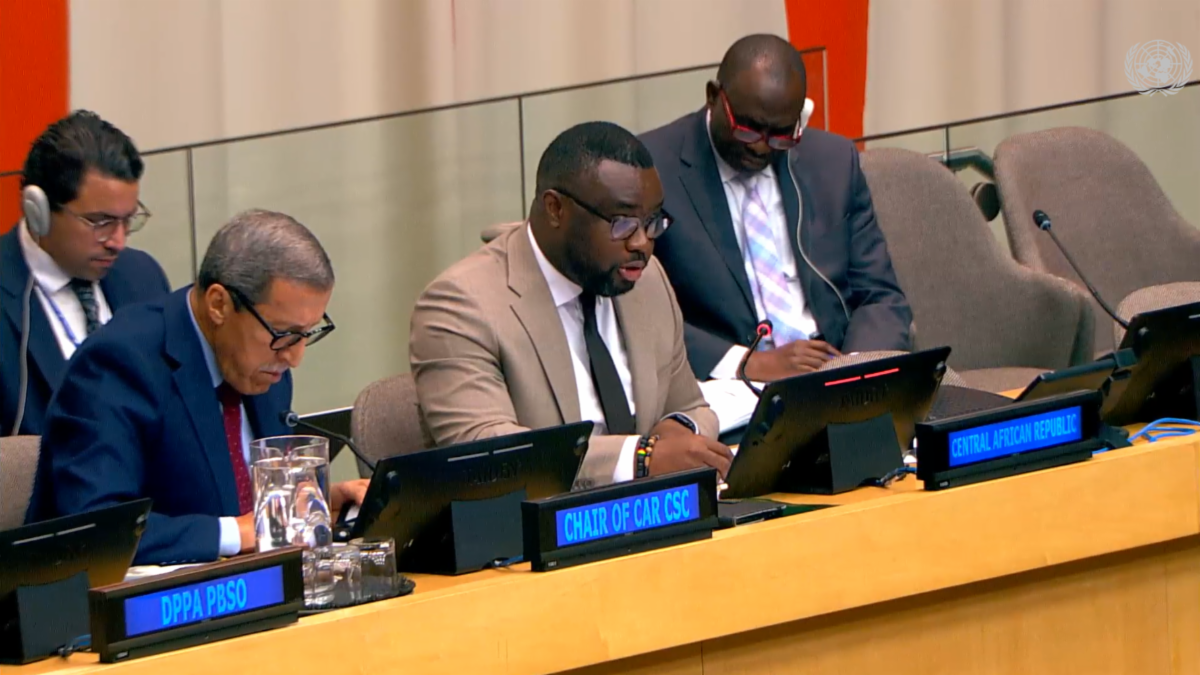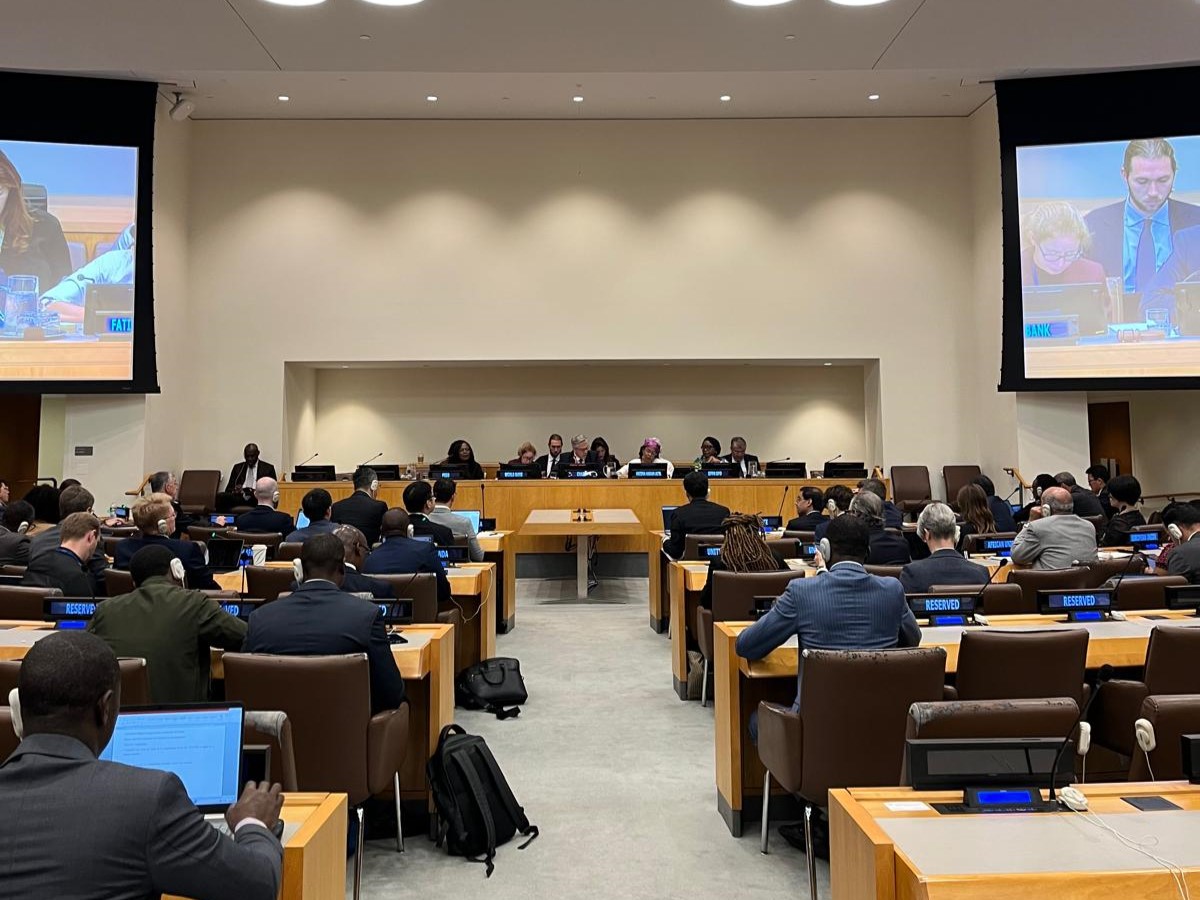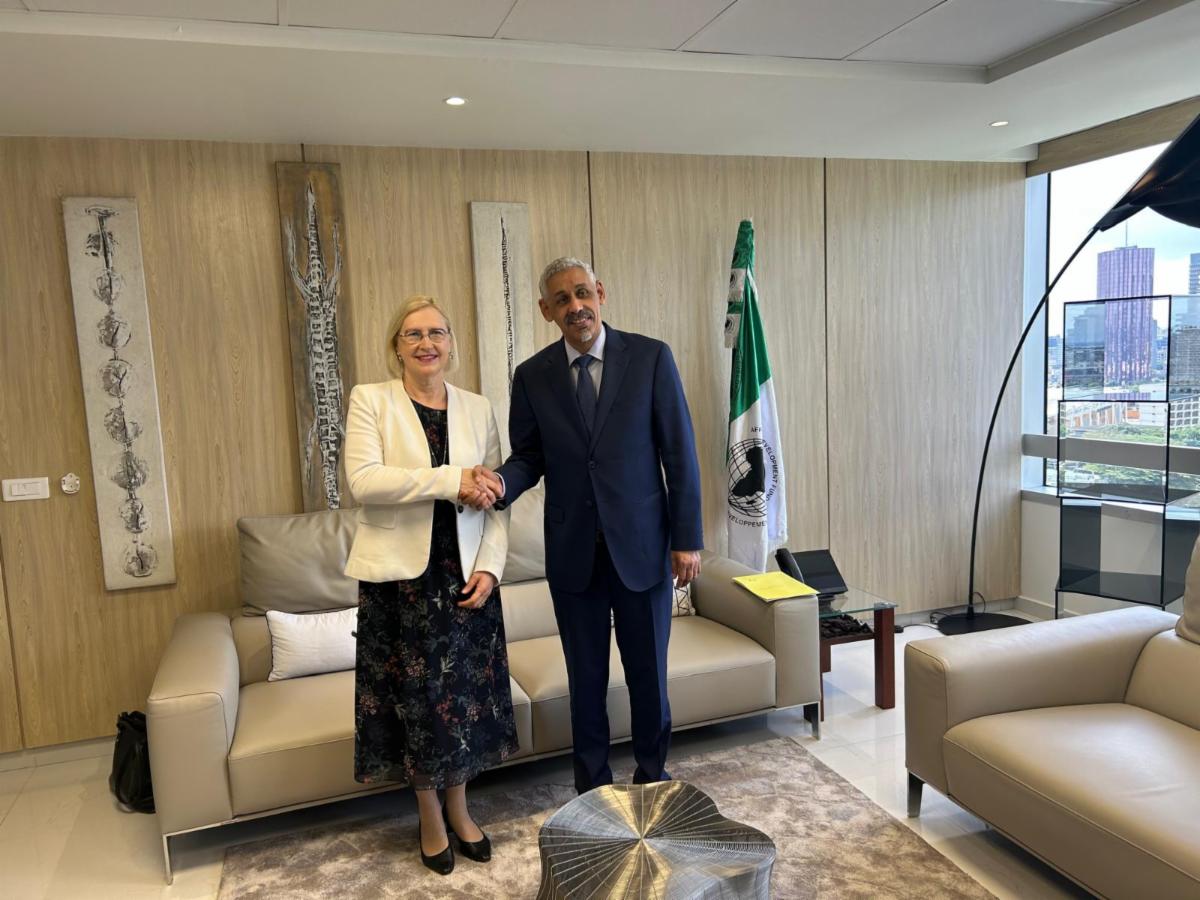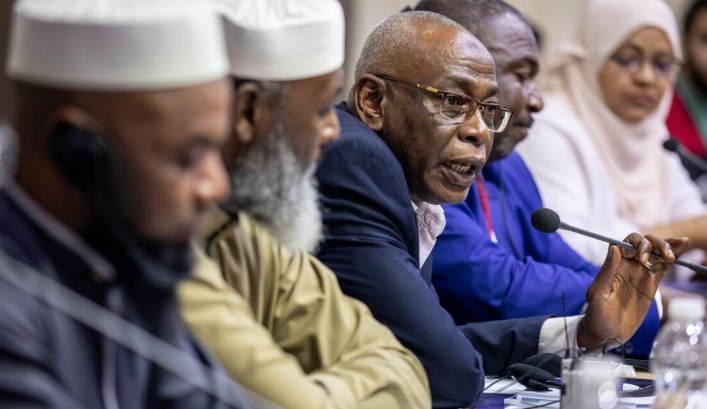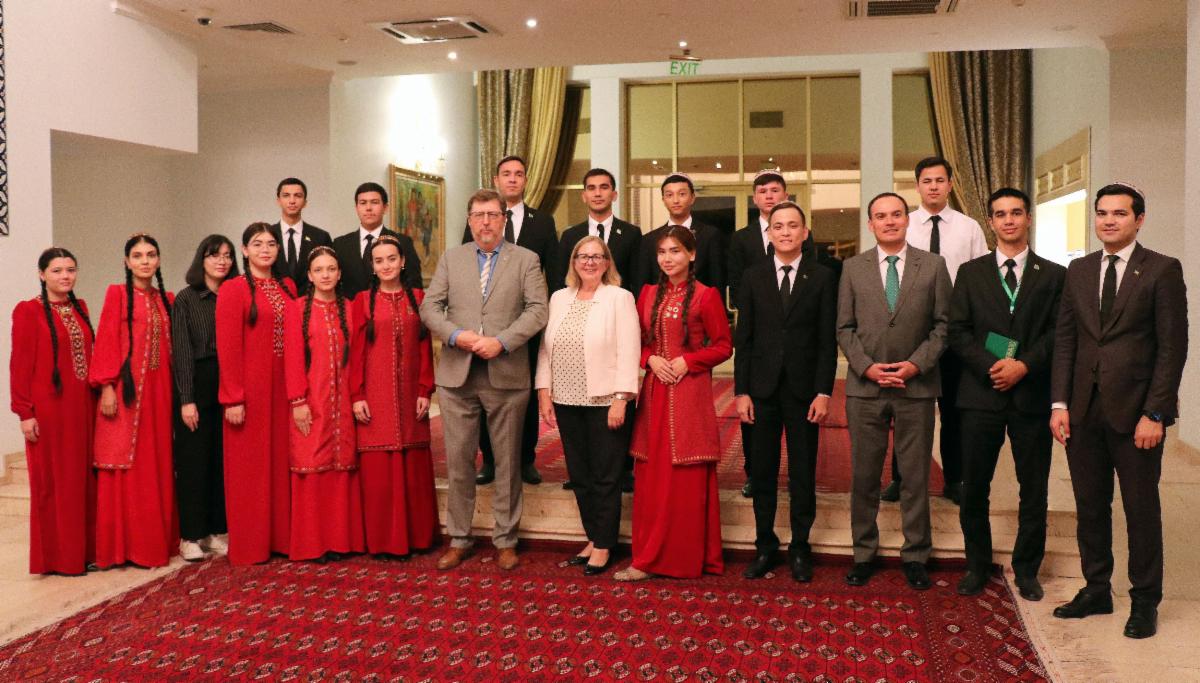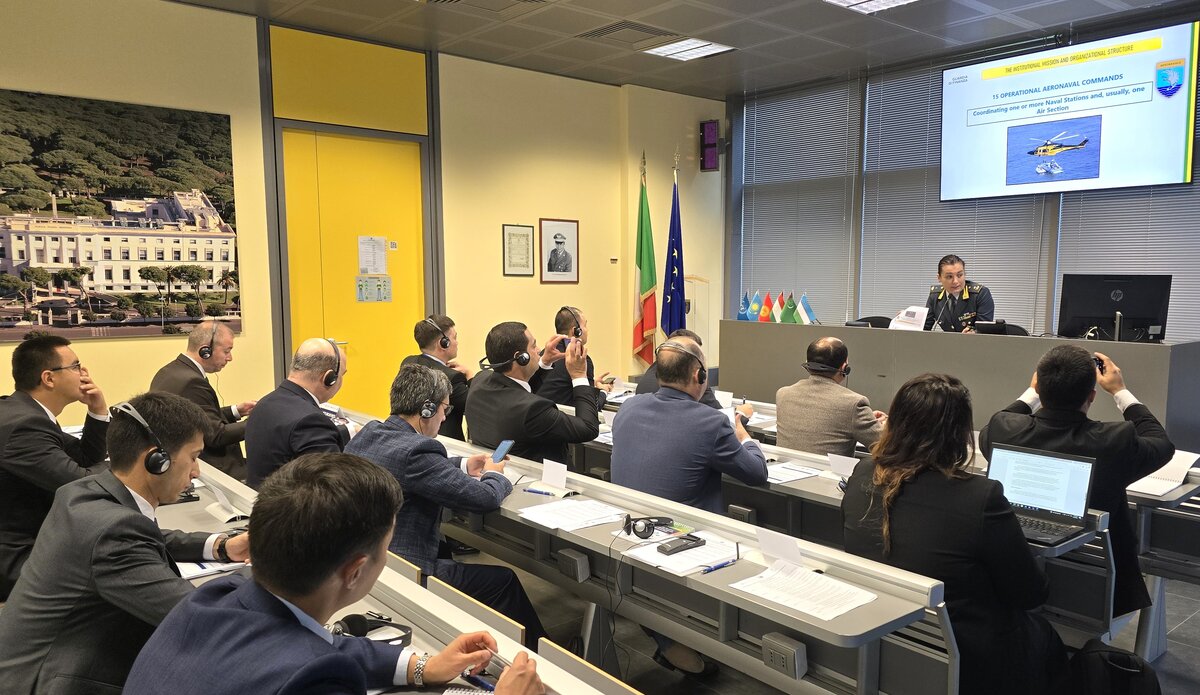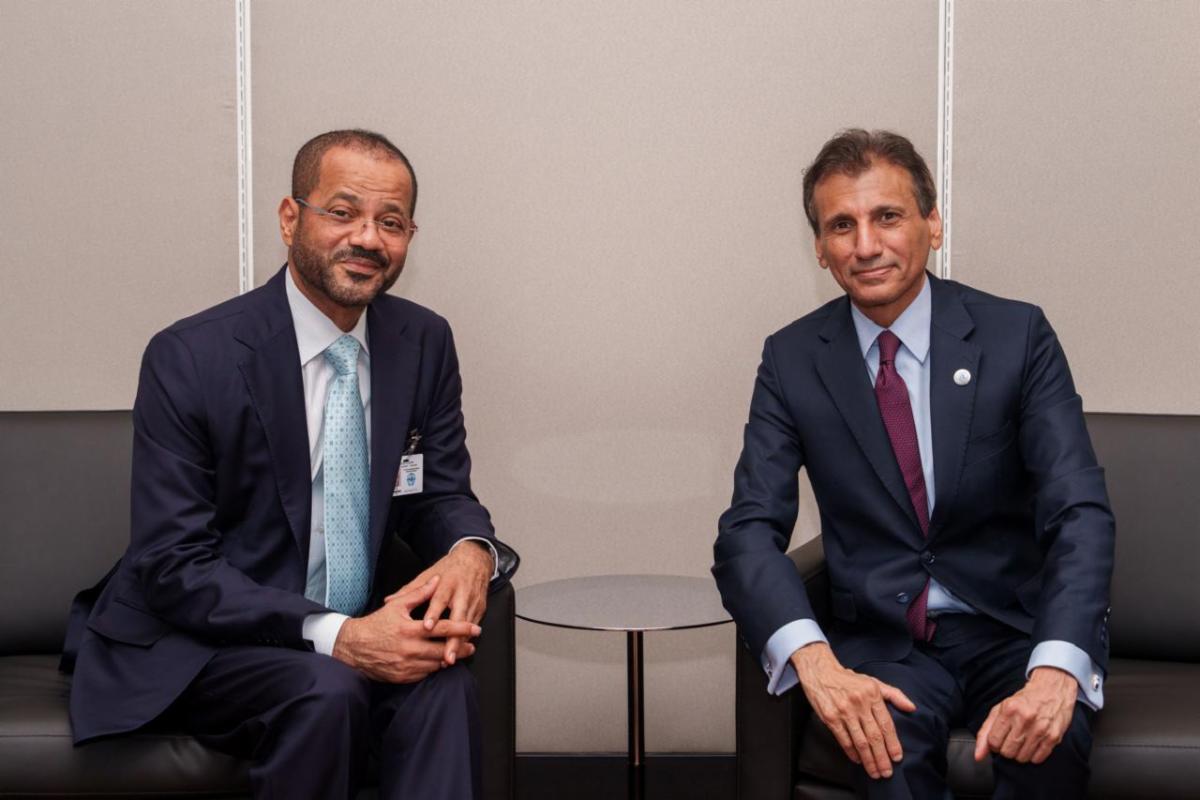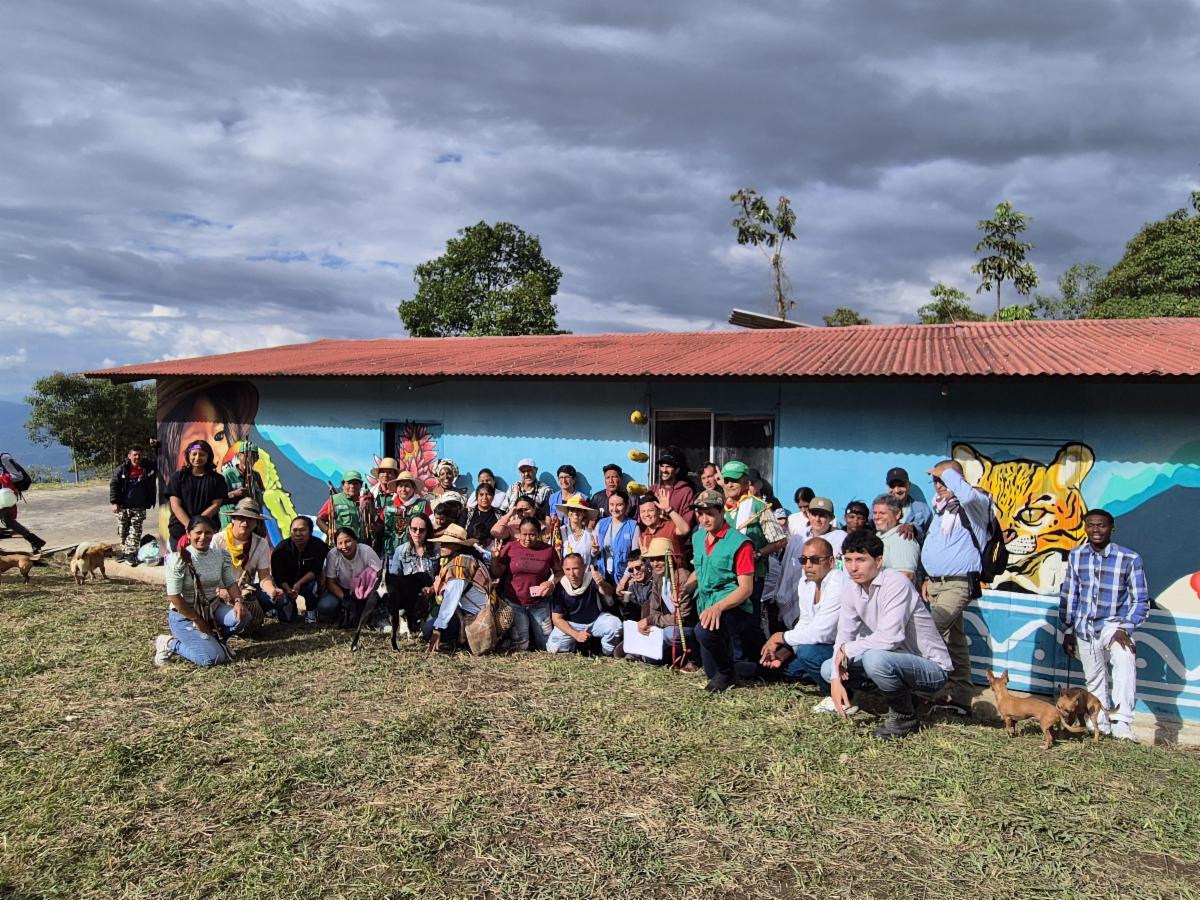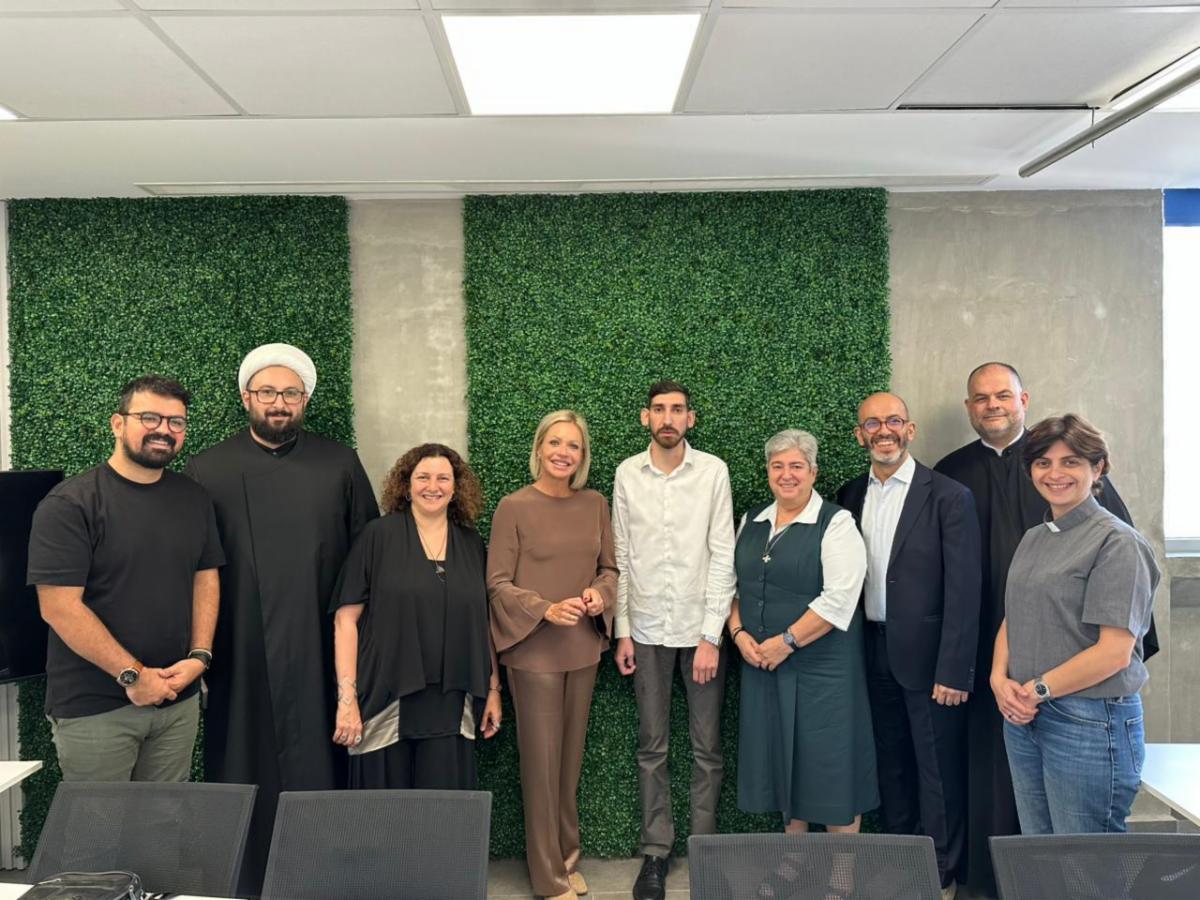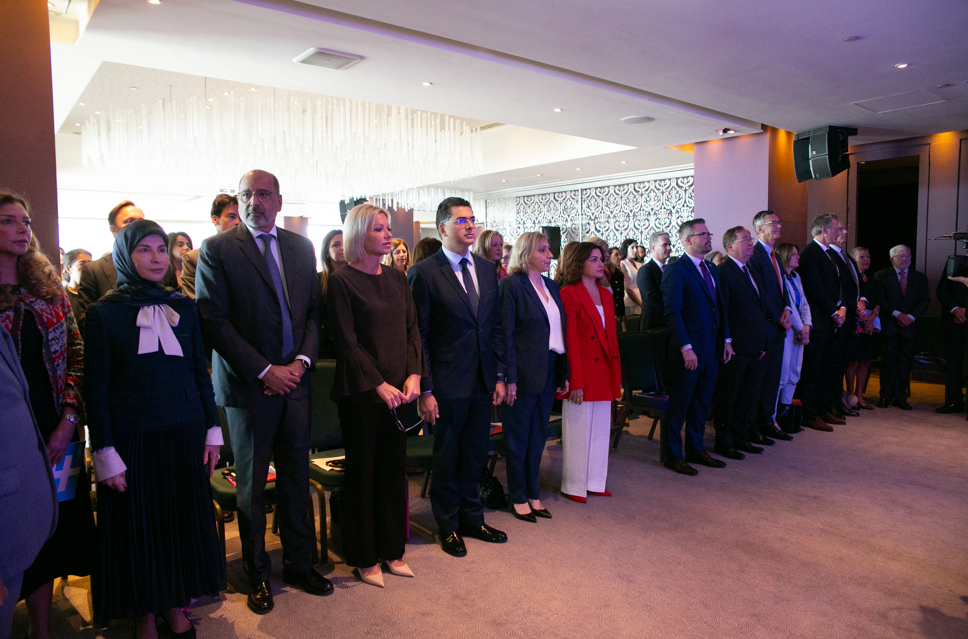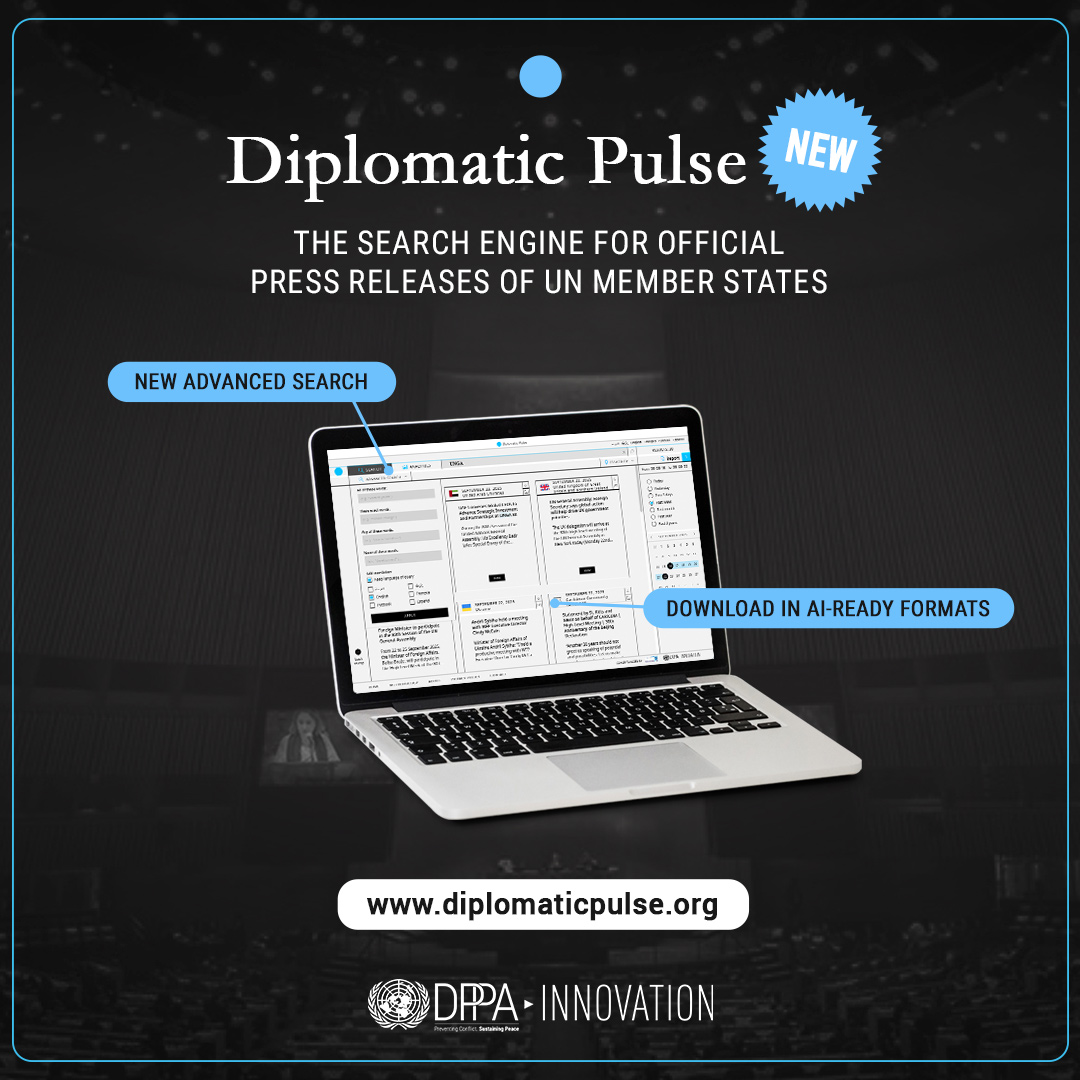Assistant Secretary-General for Europe, Central Asia and the Americas Miroslav Jenča
Remarks to the Security Council on Venezuela
New York, 10 October 2025
Thank you, Mr. President, Excellencies,
In mid-August, an increased United States military presence was reported in the Southern Caribbean, off the coast of Venezuela. According to United States authorities, these deployments are part of their efforts “to stop drugs from flooding into the United States and to bring those responsible to justice”.
This military presence has heightened ongoing tensions between the two countries.
On 29 August, the Permanent Representative of the Bolivarian Republic of Venezuela met with the Secretary-General to share his Government’s concerns over the deployment, which were later echoed by the Foreign Minister in a September meeting.
Tensions further increased when, on 2 September, the United States government announced that its military had struck a vessel suspected of carrying illegal drugs in international waters in the Southern Caribbean Sea. According to United States authorities, eleven individuals were reportedly killed in this attack.
Based on information released by United States authorities, additional air strikes on vessels allegedly carrying drugs were conducted on 15, 16, and 19 September, and again on 3 October.
In total, these operations reportedly resulted in 21 fatalities. The exact locations of these incidents have not been disclosed.
The United Nations is not in a position to verify these reports.
Mr. President,
On 2 October a White House spokesperson said that "the President acted in line with the law of armed conflict", seeking to protect the US "from those trying to bring deadly poison" to its shores, in line with the President's "promise to take on the cartels and eliminate these national security threats from murdering more Americans."
Mr. President,
Venezuelan authorities have announced that they remain on high alert since the United States military deployments were first reported in August. They have also publicly stated that Venezuela does not wish to engage in warfare but continues to prepare to defend its sovereignty.
On 18 August, President Nicolas Maduro announced the mobilization of 4.5 million members of the Bolivarian Militia—a civilian force with military training—to support the armed forces.
Venezuelan authorities have also announced military exercises along the country’s coasts, including the mobilization of warships, aircrafts and drones “to strengthen defense and sovereignty”.
On 4 September, according to the U.S. Government, two Venezuelan military aircrafts flew over a U.S. Navy vessel in international waters—a move the United States described as “highly provocative.”
On 13 September, Venezuelan authorities also denounced that a United States vessel detained a fishing boat sailing in Venezuelan waters for eight hours.
On 29 September, President Maduro signed a State of Emergency decree, granting the presidency expanded security powers in case of external aggression. The details of the decree remain undisclosed.
Venezuelan authorities stated on 2 October that they had identified five U.S. fighter jets flying 75 kilometers away from their shores, denouncing the flights as a "provocation," a "threat to national security”, and “a threat to the safety of civil aviation”.
Venezuelan authorities have strongly condemned the strikes, which President Maduro described as a “violation of international law”, and have called for international investigations. The Permanent Representative of Venezuela, in a letter to the Security Council dated 9 October further stated that the “ulterior purpose” of the US actions continues to be to “advance its policies of regime change”.
Mr. President,
Since 21 August, the Secretary-General, through his Spokesperson, has urged both parties to de-escalate tensions, exercise restraint, and solve their differences through peaceful means.
The Secretary-General has emphasized that it is imperative for Member States to ensure that their actions to combat drug trafficking are carried out in accordance with international law, including the UN Charter.
The Secretary-General has also acknowledged the challenges posed by transnational organized crime to Member States. He has called for close cooperation and constructive dialogue to ensure that efforts to address these threats uphold the rule of law and respect human rights.
The United Nations High Commissioner for Human Rights, through his Spokesperson, has also stressed that “The use of force in countering illicit trafficking is, in principle, a law enforcement matter and any such use of force must respect human rights law and standards, including the Basic Principles on the use of force by law enforcement officials”.
Mr. President,
The United Nations recognizes the devastating impact of violence driven by transnational organized crime, which affects production, transit, and destination countries alike, tearing at the fabric of communities and undermining development and stability across the region.
We continue to emphasize the need for all efforts to counter transnational organized crime to be conducted in accordance with international law, including the UN Charter.
Finally, we reiterate the call for de-escalation and continue to urge the parties to avoid any actions that may threaten international peace and security in the region. We call for a constructive dialogue and a peaceful resolution of differences.
The United Nations remains available to support any efforts in this regard.
I thank you, Mr. President.

